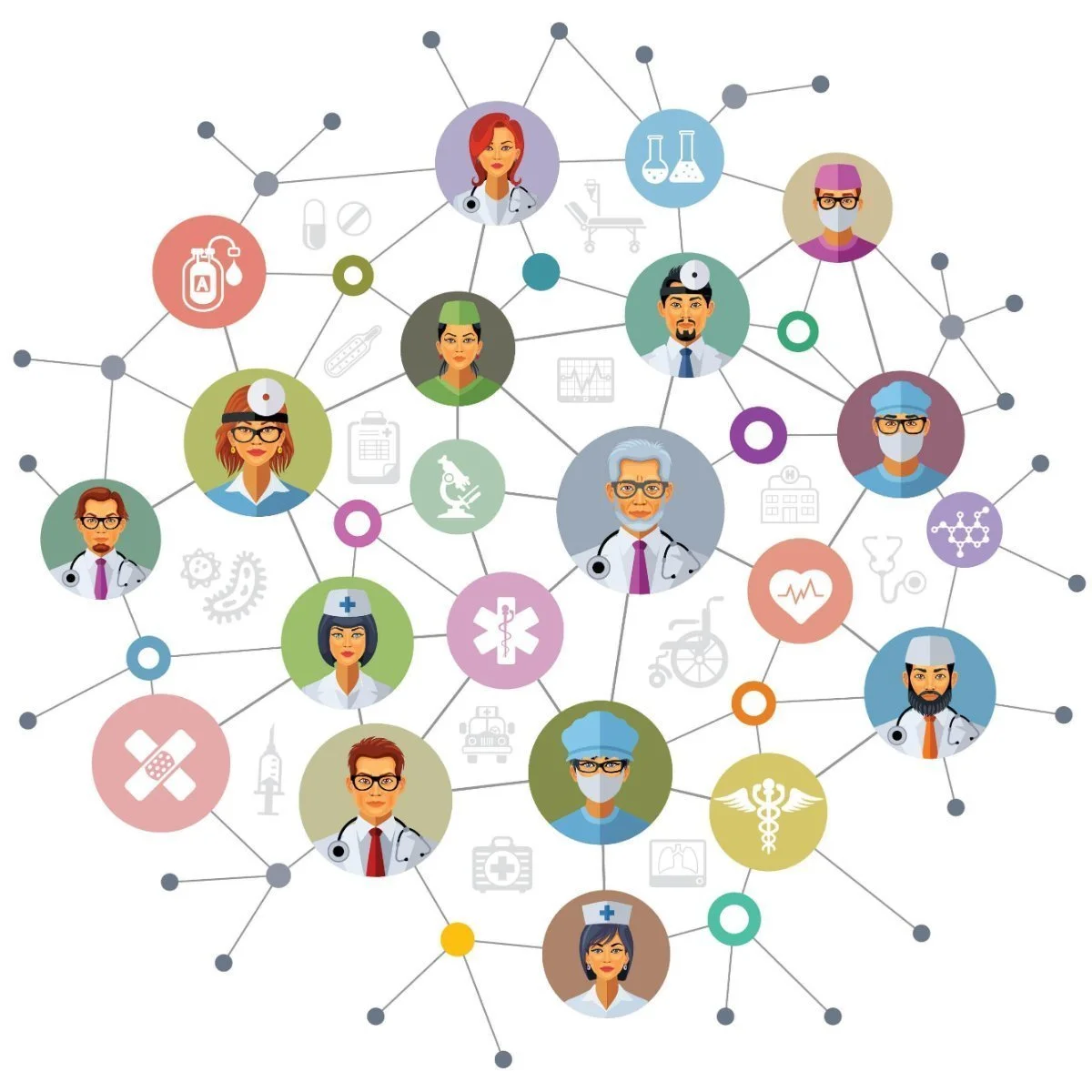The human services sector lacks the systematic integration needed to accomplish their complex and essential work. Without network integration, there is no real-time data to guide current efforts. Without data, we cannot grow accountability, learn and design better strategies for the continuously adapting communities we support. Without continuous innovation, sustainable outcomes are not achievable.
Read MoreTechnology gives us the ability to change system behavior and align relationships around real value. We can tune human networks to create real opportunity for everyone, and in the process create a sustainable future.
Read MoreHealthcare is ideally positioned to catalyze the critical reorganization necessary to improve social determinants of health to help both healthcare and education succeed. But improvement will require systems and thinking that are focused on the whole more than the parts being changed.
Read MoreAt the core of our social problems is the fact that our fragmented approach to the health and well-being of our communities is out of date. A more systematic approach is needed, one grounded in current system science and better aligned to how the complex adaptive network we call community works.
Read MoreAll of us have a personal narrative grown from firsthand experience that filters and shapes our understanding and perspective. It can also blind us to growing problems and innovative solutions. Being able to see the whole is job one for understanding how our healthcare system works and for being able to make it work better.
Read MoreSince the 1990s, the cost of medical care has seen the greatest rate of inflation across all sectors, suppressing wages and limiting economic growth. The system is an enormously complicated technical approach to a complex problem. But complicated is not complex, and only complexity can manage complexity; working harder at the old paradigm won’t yield a different outcome. It doesn’t need to be this way.
Read More






